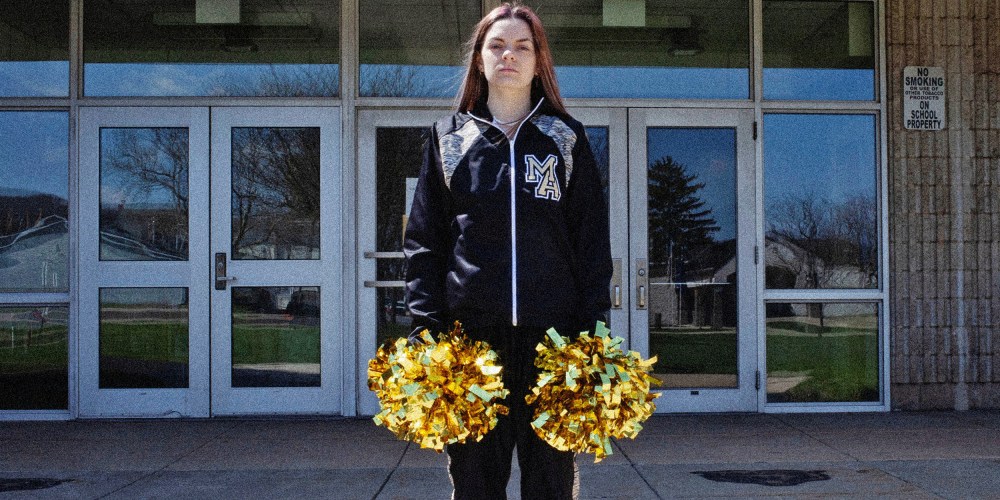Well, f— yeah. In a victory for free speech rights, the Supreme Court concluded on Wednesday that America’s most famous swearing cheerleader cannot be punished for her off-campus, online, profanity-laced speech.
Back when she was in the 9th grade, Brandi Levy (then a minor), failed to make the varsity cheerleading squad. Feeling frustration that she and her pom poms would not be participating in the next echelon of cheer, she posted a Snap on Snapchat which included a photo of herself and a friend and her outstretched middle finger. In case the true import of the message was lost on anyone, she added: “F— school, f— softball, f— cheer, f— everything.” Administrators at her public school found out and suspended Levy from cheerleading for a year. Boo hiss.
Administrators at her public school found out and suspended B.L. from cheerleading for a year. Boo hiss.
Levy and her parents sued, contending that the suspension violated her First Amendment right to free speech. Some portion of the more than 50 million public school children across the country held their collective breaths while we waited for the Supreme Court to weigh in. (The court’s ruling doesn’t apply to private schools because the First Amendment applies to actions by members of the government, including public school administrators, but not actions taken by private individuals). Justice Stephen Breyer, writing for himself and seven of his colleagues, agreed with Levy and held that the school had gone too far.
Breyer and company are correct. But the Supreme Court, grappling with an understandably complicated issue, gets a “D” for future guidance regarding when public school students can be punished for off-campus speech.

The court’s key precedent in this area dates back to 1969, when the court held that public schools can punish students for on-campus speech that would cause “material and substantial interference” with the school’s work, mission, or ability to function. In that case, a student wore a black armband to school in protest of the Vietnam War. The court concluded that donning the armband was protected speech under the First Amendment.
In the more than five decades since that decision, the court hasn’t given much more guidance on when students can be punished for their speech, and when it does, the justices typically side with school administrators. For instance, as the majority outlined today, schools can punish on-campus student speech that is “indecent,” “lewd,” or “vulgar,” speech uttered during an official class trip that supports “illegal drug use,” and speech that looks like it might be official school speech (like an official school newspaper).












